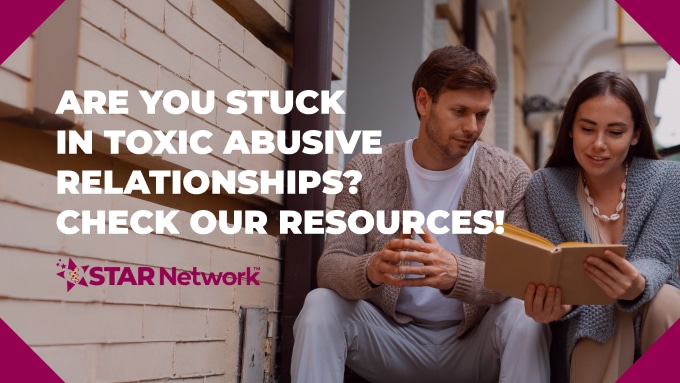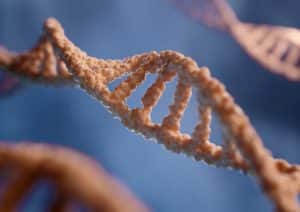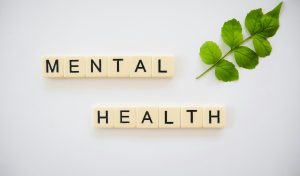Trauma-Informed Blog
Content relevant to survivors, mental health professionals, partners, and anyone interested in reading about CPTSD and mental health.
Weekly Content
New posts 4-5 times per week
Relevant & Informative
Survivor stories, research articles, poetry, and more
Staff and Guest Writers
Everyday survivors, clinicians, coaches, and mental health professionals
Featured Partner: STAR Network
Discover more about overcoming Toxic Abusive Relationships (TAR), trauma, and building resilience with our featured partner and ally, STAR Network. Their resources empower you to embrace your strength and transformation – you are not a victim; you are now a STAR, a Survivor of Toxic Abusive Relationships. Click the banner or visit STAR Network to explore their resources and start your journey to healing and empowerment today.
Remember...
CPTSD Foundation is not crisis care. If you ever feel you are in crisis please reach out to an online or local crisis resource, or contact your mental health or medical provider. CPTSD Foundation provides a tertiary means of support; adjunctive care. Our industry-leading ancillary products and services are intended to supplement individual therapy. Nothing on this website or any associated CPTSD Foundation websites, is a replacement for or supersedes the direction of your medical or mental health provider, nor is anything on this or any associated CPTSD Foundation website a diagnosis, treatment plan, advice, or care for any medical or mental health illness, condition, or disease.
How To Solve This Giant Problem: Professional Isolation for Trauma Survivors
As trauma survivors, many of us are all too familiar with the feeling of being alone, even in a crowded room. This sense of isolation can be particularly challenging in the workplace, where we...
Domestic Abuse: What Stops Victims from Leaving?
"What stops victims from leaving?" It used to be called "domestic violence," when, in fact, abuse isn't always violent. Before any types of violent abuse occur, there have been months, if not...
Epigenetic Trauma: Predators, Abuse, and Ancestral Healing
What is love if it doesn't hurt, or like in my case, crash with a whimper? The past is engraved into our DNA as unspoken codes, known as epigenetic trauma. Trauma from abuse and neglect creates CPTSD; unseen scars that affect both victims and future generations.
7 Creative Alternatives to Traditional Networking for Trauma Survivors
As trauma survivors, many of us find traditional networking events overwhelming, anxiety-inducing, or even triggering. The loud environments, forced small talk, and pressure to “put yourself out...
Do I Tell Them? Sitting with the Weight of Sharing Your Story with Your Parents
There comes a point on the healing journey when the question doesn’t whisper. It roars. Do I tell my parents?Do they deserve to know what happened to me?Would they believe me?Would they hold it...
Drama Triangle
My therapist has been a sounding board to my trauma for more than four years, and in that time, she has been my teacher, my listener, observer, my audience, and my inspiration! I am incredibly...
Going Within: A Path to Inner Freedom
The world is noisy. Teachers, coaches, gurus, and self-help programs clamor for your attention, promising clarity, calm, and success in a chaotic world. Acronyms like SMART (Specific, Measurable,...
10 Things You’d Never Know About Managing Trauma at Work
When we think about trauma, we often picture it as something that stays at home when we clock in for work. But for many of us, trauma isn’t just a personal issue — it’s a silent companion that...
When Everything Is Trauma, Nothing Is: The Dangerous Fallout of Diagnostic Buzzwords
Trauma isn’t a trend. Misusing clinical terms like narcissist and gaslighting isn’t just annoying—it’s erasing the real pain of people living through the fallout.
The Suit of Life – A Message for Self-Love
The Suit of Life A Message for Self-LoveBy Jesse Donahue 2023 © I can see the powerful impact that self-expression makes upon the world of others and, most fundamentally, within myself. The...
CPTSD in the Workplace: Navigating Toxic Leadership
Introduction This is a challenging article for me to write, as I’ve been observing the nuclear fallout of toxic leadership in my trauma recovery coaching certifying association over the past...
CPTSD and Pride Month
Repeated exposures to traumatic events. Events that overwhelm one’s sense of identity, capacity to comprehend what’s occurring, and force the body into a state of constant...

What is Complex Post-Traumatic Stress Disorder?
“Complex PTSD comes in response to chronic traumatization over the course of months or, more often, years. This can include emotional, physical, and/or sexual abuses, domestic violence, living in a war zone, being held captive, human trafficking, and other organized rings of abuse, and more. While there are exceptional circumstances where adults develop C-PTSD, it is most often seen in those whose trauma occurred in childhood”.













